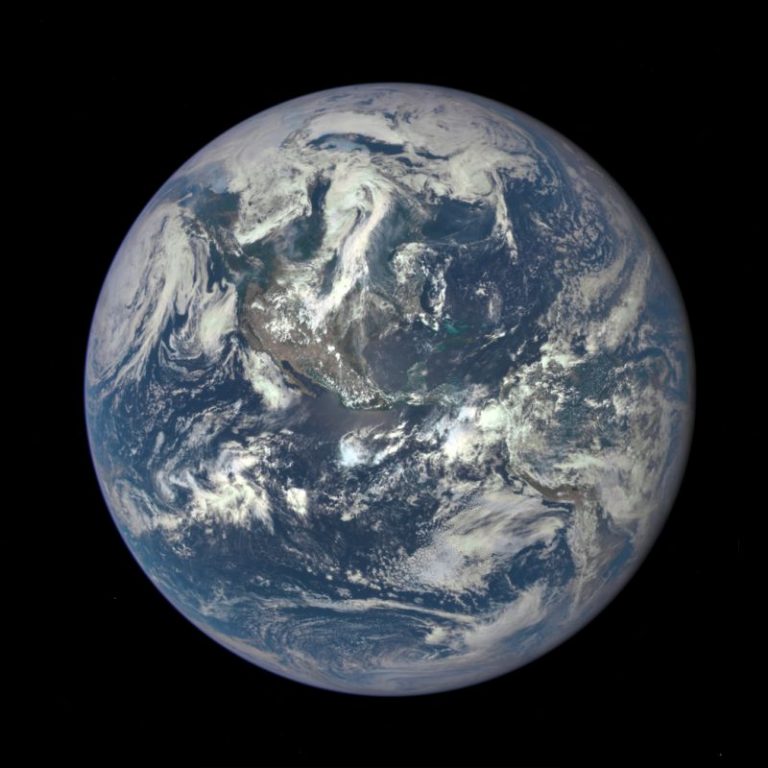One of the big reasons that life thrives on Earth is that it’s protected from some of the more harsh phenomenon of space by something that we can’t even see. It’s the magnetic field that our planet generates, and it does a whole lot more than tell your compass which way you’re facing.
A new study suggests that our planet’s poles could indeed shift, and shift much more rapidly than previously thought. In a paper published in the Proceedings of the National Academy of Sciences, researchers say that they have found evidence that Earth’s poles have shifted quickly in the past, and if that were to happen again it could cause global calamity.
The study, which was conducted by scientists in China, Australia, and Taiwan, focuses on findings from an unexpected place: a cave. Stalagmites from an underground cavern in China were found to hold a rather precise record of the magnetic changes that took place on Earth over a 16,000 year period starting around 107,000 years in the past.
The scientists believe that the data they gathered reveals that Earth’s magnetic field shifted over the course of only a couple hundred years. This polarity flip is much faster than scientists had guessed. Previous estimates suggested that it would take several thousands of years for the poles to change. This is bad news for technology-dependent species… which is pretty much just us.
When the poles shift, the magnetic field of the Earth weakens significantly. Scientists theorize that the strength of the magnetic field could dip by as much as 90 percent, which would have an incredible impact on the electronics and power grids we depend on every day.
Today, even with the Earth’s magnetic field at full strength, solar weather can pose a threat to sensitive systems. Solar flares and coronal mass ejections can fry communication equipment and cause costly damage. If the Earth’s protective field were to weaken by 90%, the researchers say we could see damage that tallies in the trillions of dollars, not to mention a significant impact to modern life.
Post your selfies while you still can.
Source: yahoo
Ask me anything
Explore related questions





